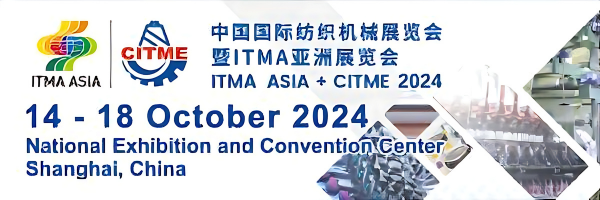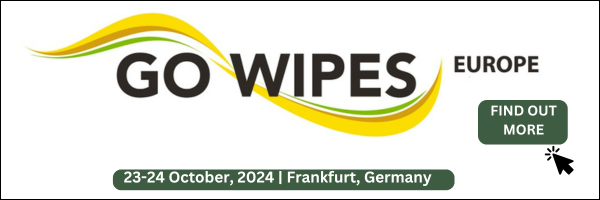The Oeko-Tex Association has updated the guidelines of the Oeko-Tex product portfolio. The new regulations come into effect on April 1, 2018 for all certification systems and other services, following a three-month transition period. The updated standards and guidelines are based on the continuous exchange of ideas with industry stakeholders.
In 2018, the Oeko-Tex Association endeavours to provide further targeted support on issues relating to consumer protection and sustainability throughout the textile value creation chain, Oeko-Tex said.
The updates of Oeko-Tex standards and guidelines are based on the continuous exchange of experience with industry stakeholders, cooperation with initiatives and monitoring of legal regulations. The Oeko-Tex expert groups have taken into account current scientific innovations and knowledge as well as latest market developments.
Thanks to the comparability of the Detox to Zero MRSL with the valid MRSL for the STeP by Oeko-Tex certification, Detox to Zero can be fully integrated into STeP. Detox to Zero customers can convert to STeP at any time. The restructuring of the Detox to Zero assessment tool and status report improves usability and clarity.
The ZDHC (Zero Discharge of Hazardous Chemicals) initiative accepts the Eco passport by Oeko-Tex as an indicator of conformity with their MRSL (harmful substance exclusion list for textile production). Upon approval, companies can have their products certified by Eco passport listed in the Oeko-Tex Buying Guide / and if they wish from now on also in the ZDHC Chemical Gateway. Bisphenol A is among the new substances to be recorded by Eco passport. Other new included substances are additional alkylphenols (pentyl- and heptylphenol) and the aromatic amine aniline. Up to five products from different categories can be listed on an Eco passport certificate. Previously, an individual certificate had to be issued for every product category.
Now not only manufacturers of chemicals receive an Eco passport certificate for their products, but also retailers and importers of chemicals distributed by them can certify their chemicals under certain conditions. From 2018, chemical manufacturers are no longer obligated to disclose secret formulas. In such cases, however, more extensive analytical testing is required to obtain an Eco Passport certificate.
In the new regulations, Bisphenol A, the aromatic amine aniline and other alkylphenols (pentyl- and heptylphenol) are now recorded as part of the Leather Standard.
The minimum requirements and criteria for awarding the Made In Green by Oeko-Tex product label have also been updated. Advantages of the new definition are: improved comprehensibility and less time for label attainment.
The newly recorded harmful substances in the Standard 100 criteria catalogue are phenol, bisphenol A, the aromatic amine aniline as well as the additional alkylphenols, pentyl- and heptylphenol. The Oeko-Tex Association has placed the substance quinoline under observation. Amended limit values also apply for short-chain chlorinated paraffins (SCCP) and ortho-phenylphenol (OPP). As of April 1, 2018, Oeko-Tex plans to integrate the testing of organic cotton products for genetically modified organisms (GMO) into Standard 100.
The scope of STeP assessments for the survey of required company data is significantly reduced by condensing the questionnaire. The integration of Detox to Zero allows now to issue the STeP certificate and the status report additional with information on Detox to Zero.

















